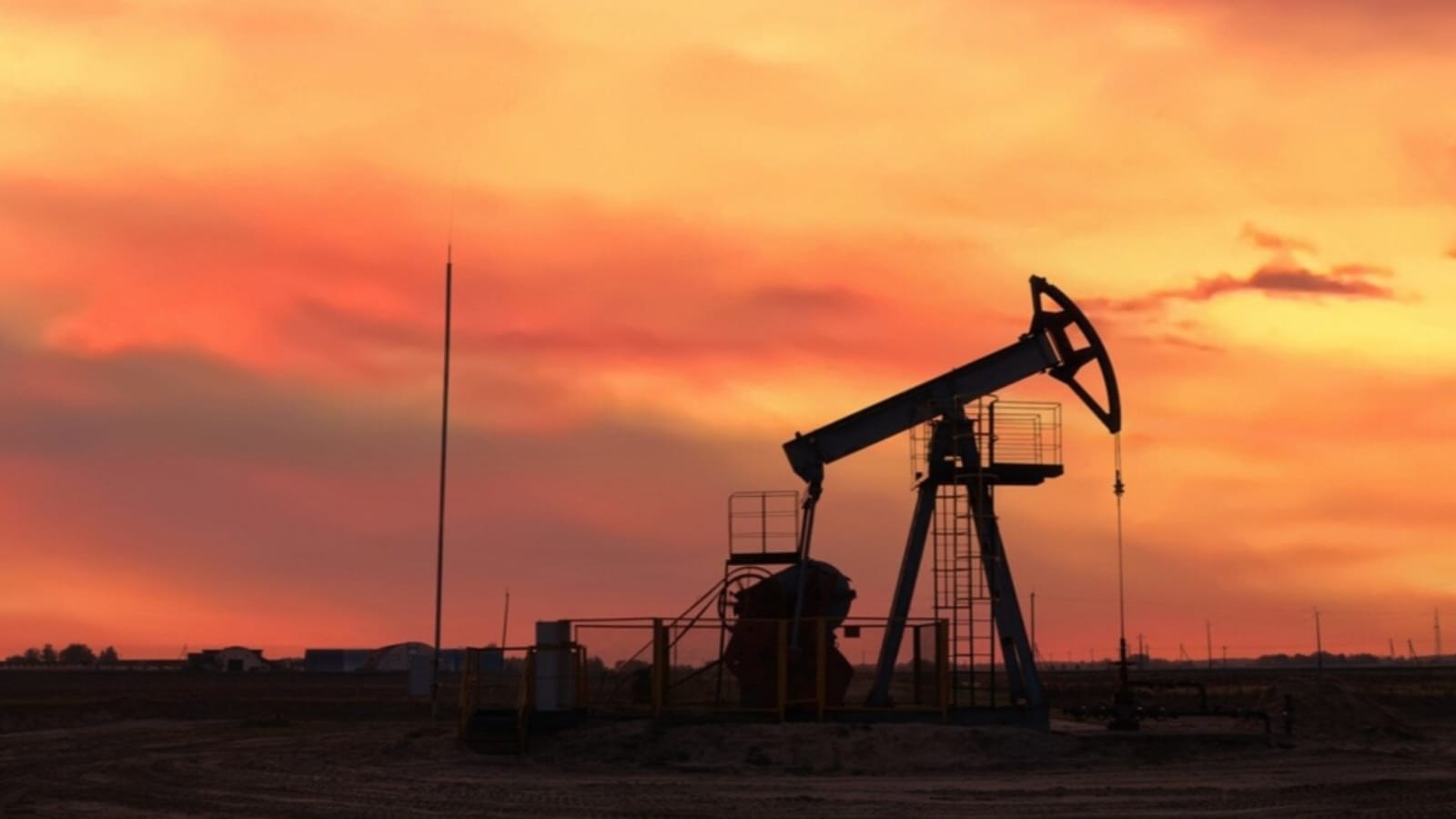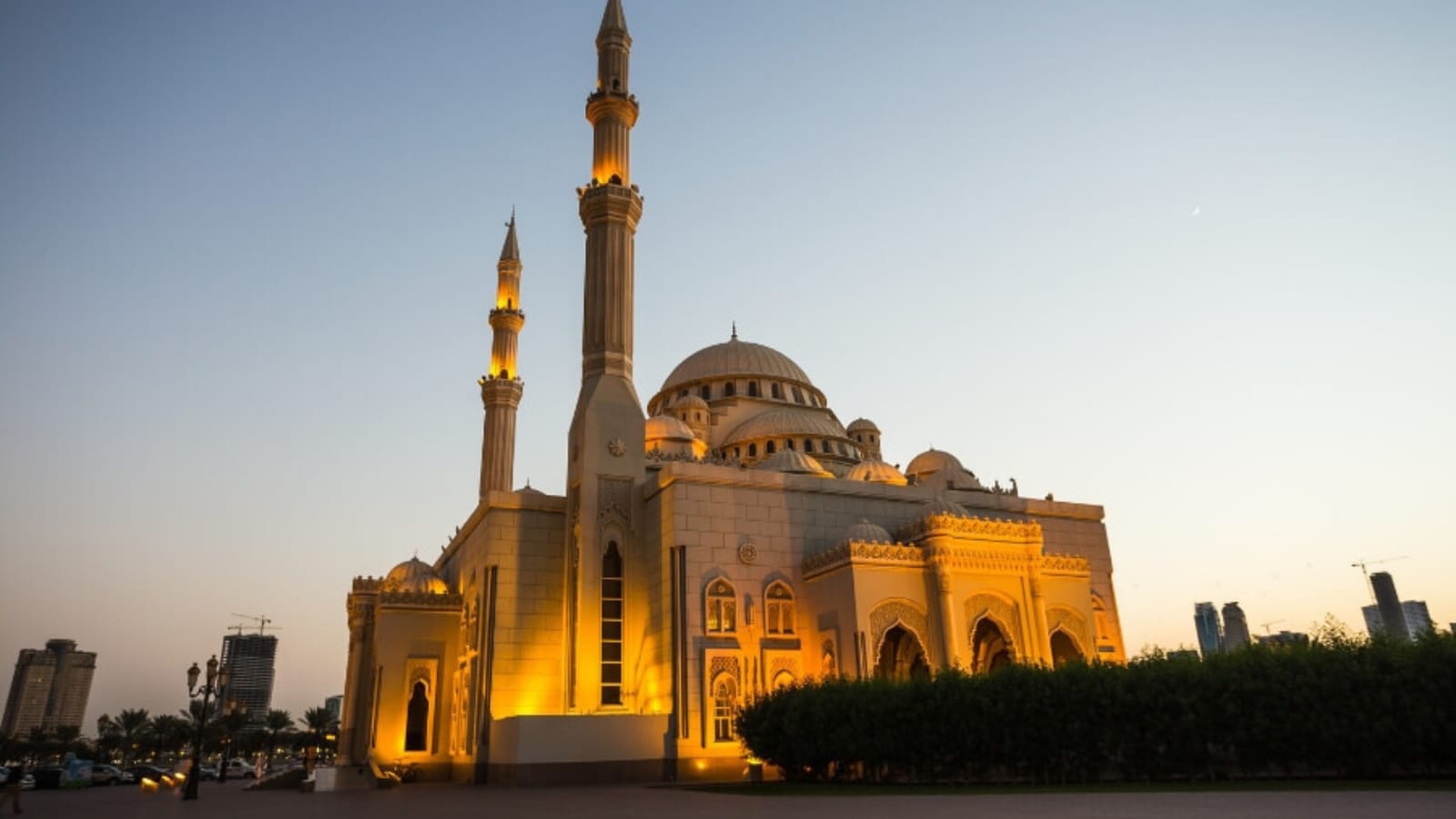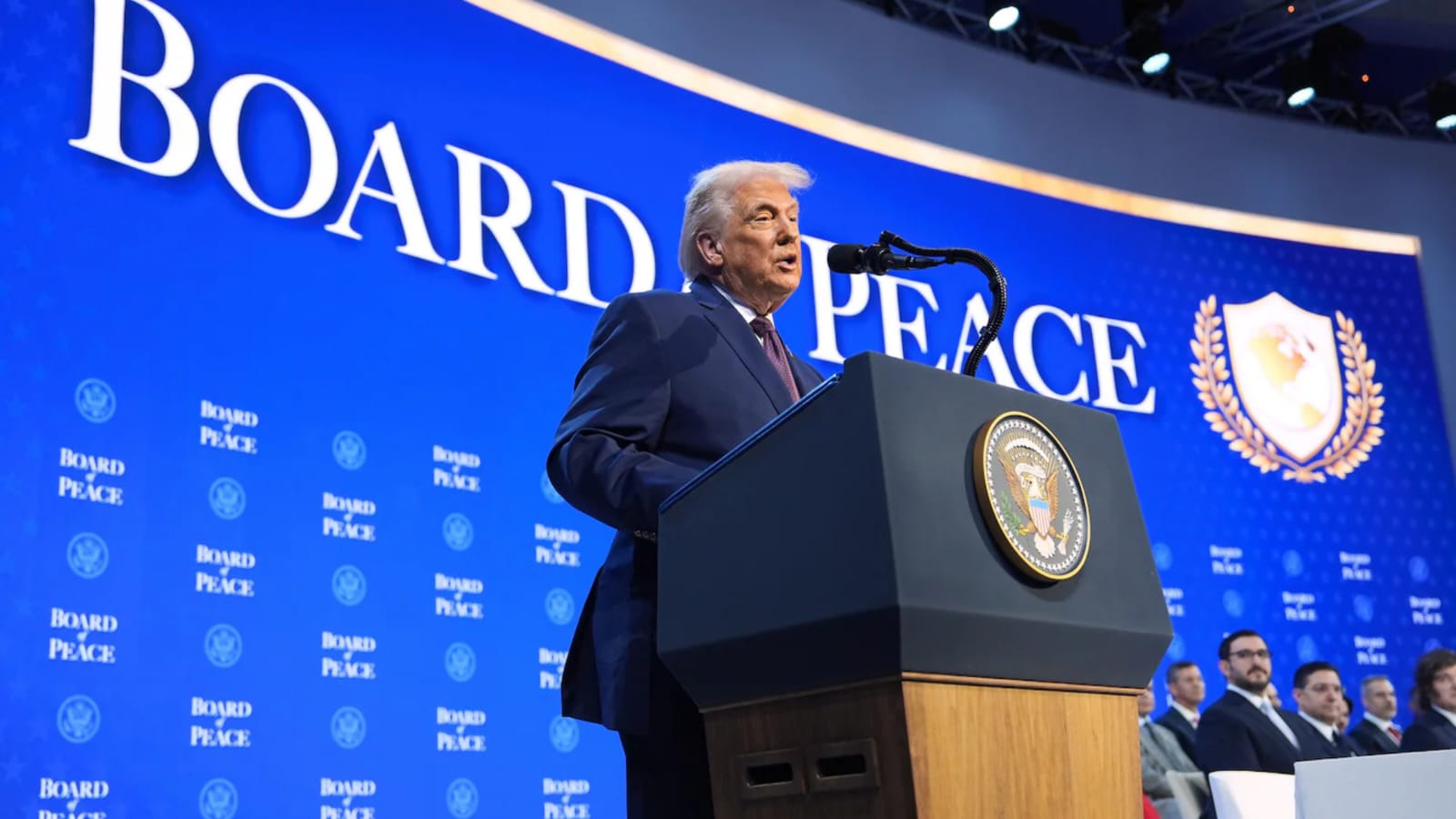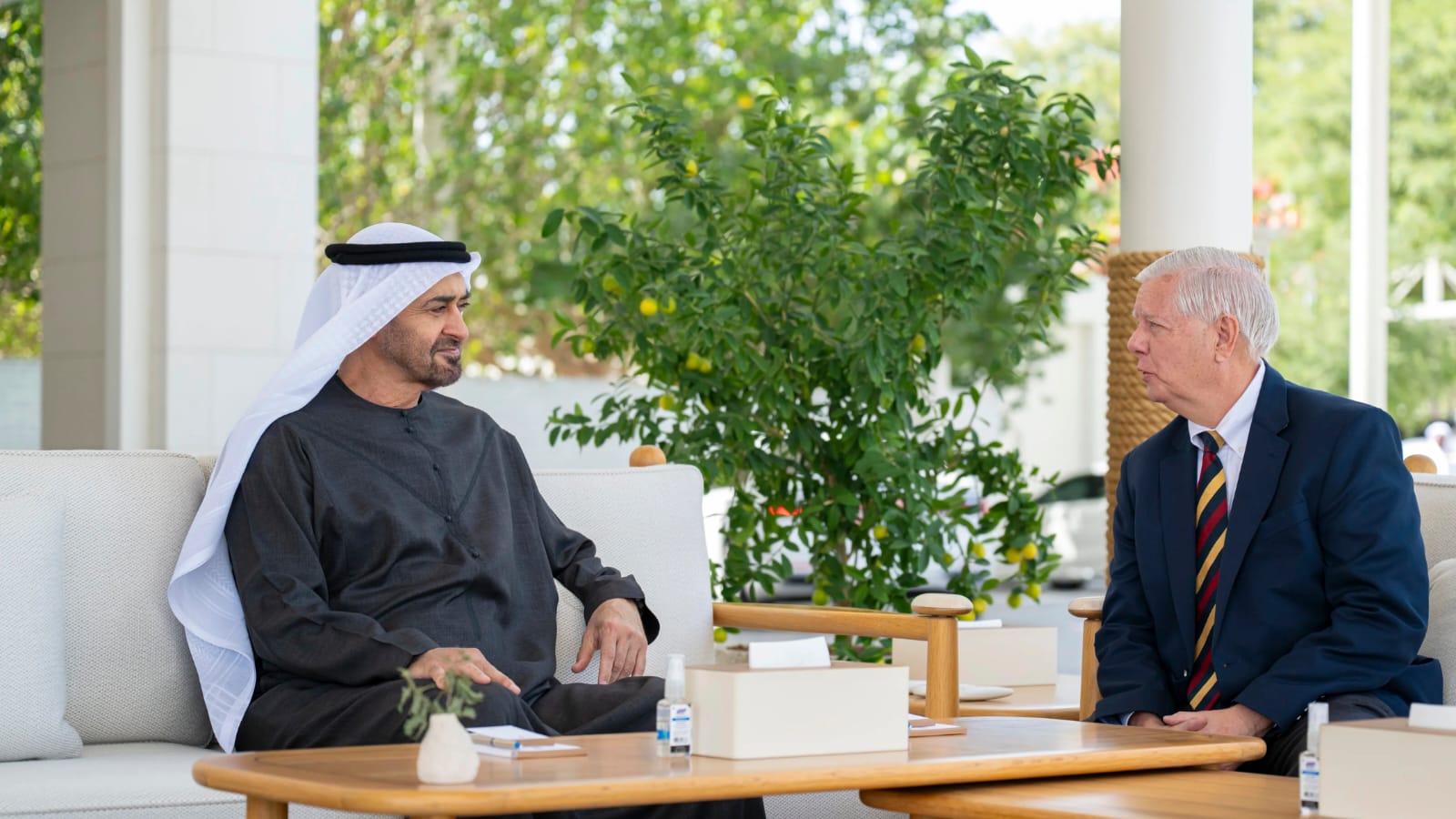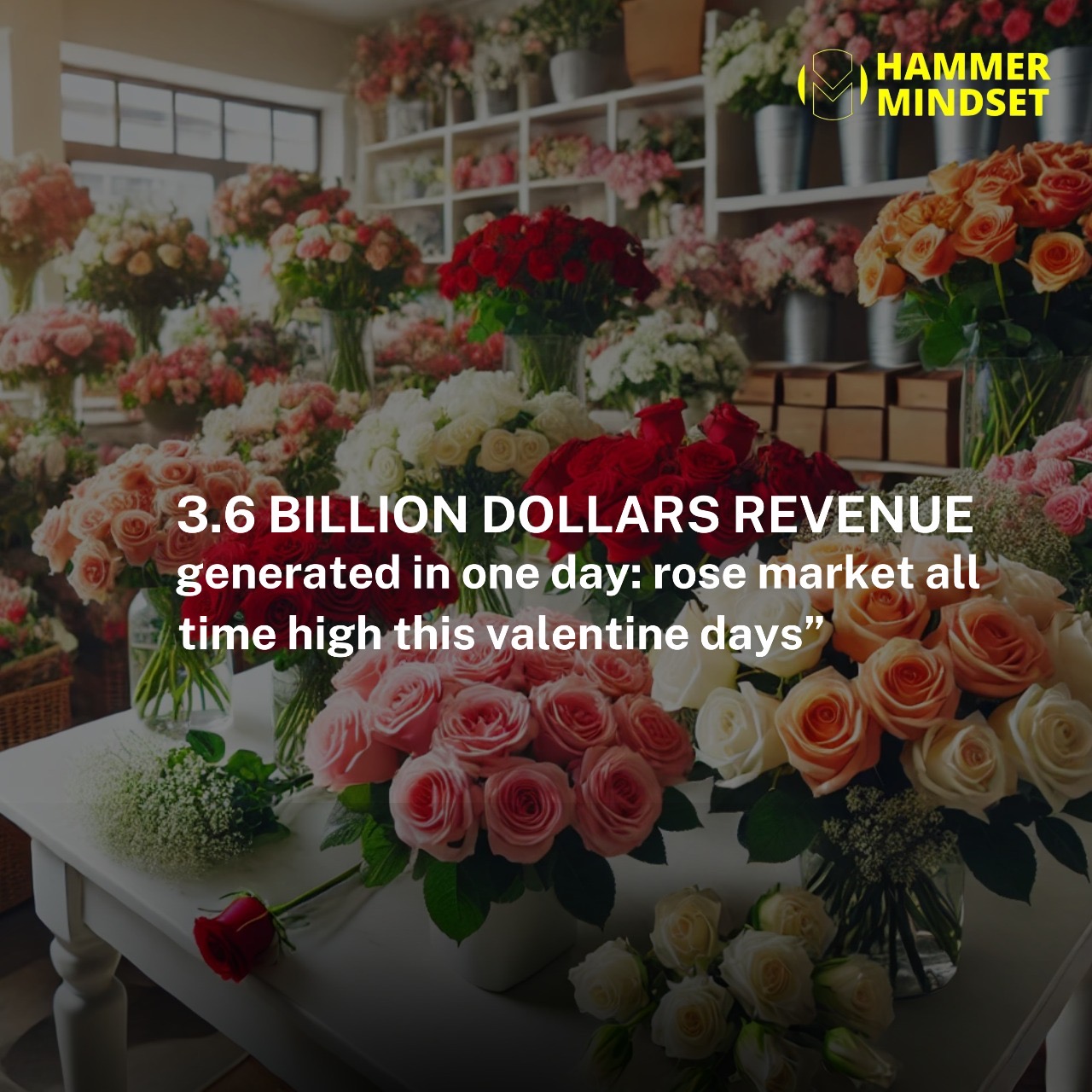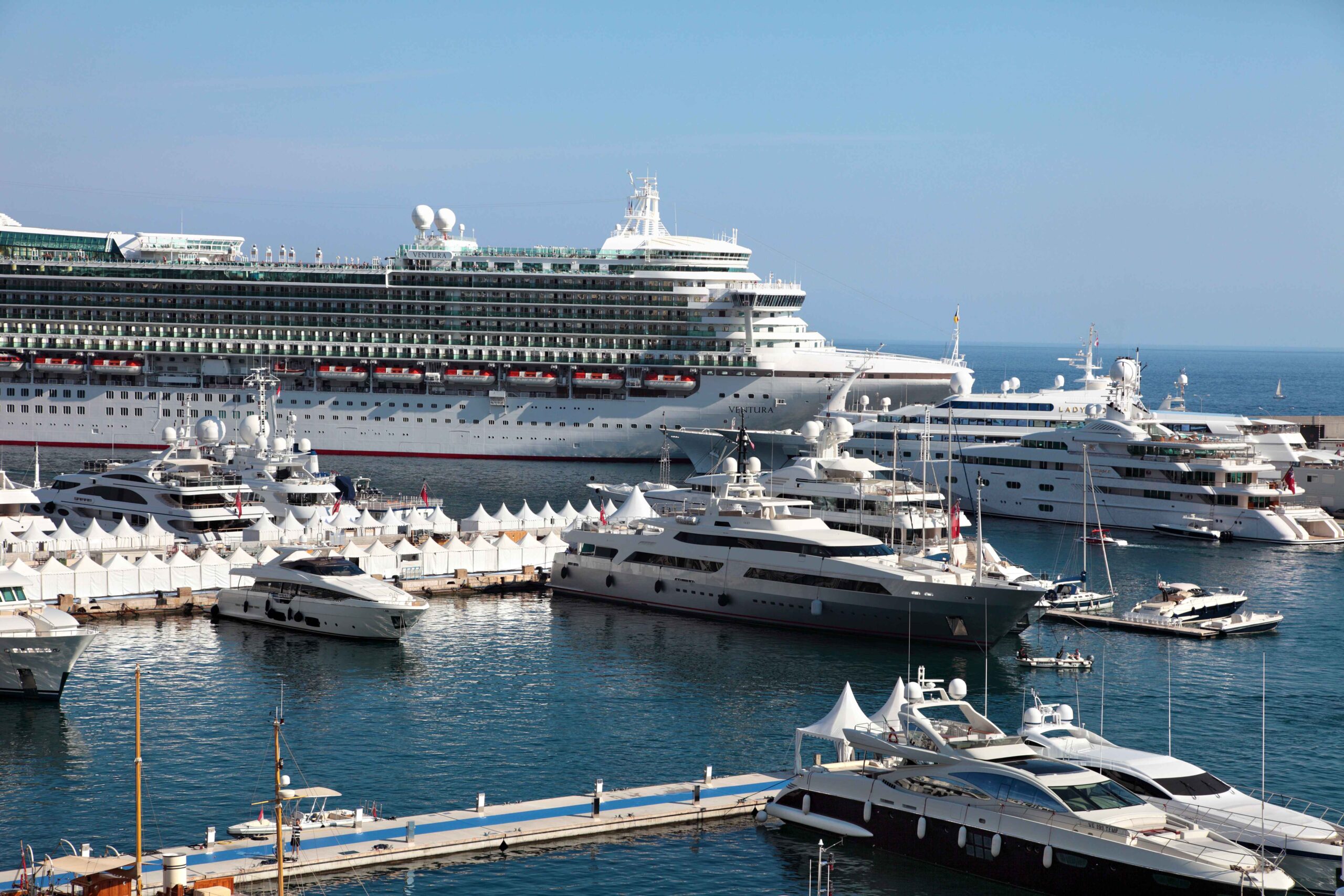Dubai has emerged as a top global destination for Indian companies seeking to expand, diversify, and capitalize on lucrative opportunities. With favorable tax policies, strategic location, seamless global connectivity, and an innovation-friendly ecosystem, Dubai has become a business magnet — especially for Indian entrepreneurs and corporations. In 2024, India became the leading source of foreign direct investment (FDI) into Dubai, cementing a strong and growing economic bond between the two regions.
India: The Top Investor in Dubai
Dubai was ranked as the world’s top destination for foreign direct investments (FDI) in 2024, with Indian investors leading the way. India accounted for a whopping 21.5% of the capital share in Dubai’s FDI inflows, showcasing strong investor confidence in the emirate’s economic landscape. Over 73,100 Indian companies are already registered with the Dubai Chamber of Commerce, and this number continues to rise.
This trend was further emphasized during the recent Dubai-India Business Forum held in Mumbai, where Sheikh Hamdan bin Mohammed bin Rashid Al Maktoum, the Crown Prince of Dubai, made a historic visit. The forum witnessed attendance from over 200 top officials and investors, including 39 leading business delegates from Dubai.
Salem Al Shamsi, Vice President of the International Relations Sector at Dubai Chambers, presented compelling data and insight. He noted that in the first three quarters of 2024, Dubai experienced a 3.1% GDP growth, which can be largely attributed to its pro-business policies. The city allows 100% foreign ownership in most sectors — a game-changing advantage for global companies seeking autonomy and control.
The Dubai Advantage: Tax Benefits Galore
One of the biggest draws for Indian companies is Dubai’s attractive tax framework. Al Shamsi emphasized that Dubai imposes zero percent personal income tax, a modest 5% VAT, and a 9% corporate tax — significantly lower than many global business hubs. This tax-friendly ecosystem is not only appealing to businesses but also to individuals, including the 3.8 million Indian expatriates residing in Dubai.
Furthermore, the Comprehensive Economic Partnership Agreement (CEPA) between India and the UAE has strengthened trade relationships by reducing tariffs, facilitating easier market access, and streamlining trade procedures.
Global Connectivity: The Gateway Between East and West
Dubai’s strategic location plays a critical role in its economic success. With a four-hour flight radius reaching half the world’s population and over 250 daily flights from Dubai International Airport, the city is a natural bridge between Asia, Europe, and Africa. Airlines such as Emirates and Flydubai connect global destinations seamlessly, allowing businesses to operate with global reach from one location.
The city also boasts robust logistics capabilities, with DP World managing 74 ports worldwide, facilitating efficient and cost-effective global shipping and freight. Dubai’s logistics infrastructure is not just comprehensive but also technologically advanced — setting a new standard for global supply chains.
India is an integral part of the World Logistics Passport (WLP) — a global freight loyalty program initiated by Sheikh Mohammed bin Rashid Al Maktoum. Indian logistics hubs like Mumbai International Airport and Nhava Sheva International Container Terminal are part of this program, which enhances cargo movement, lowers administrative burdens, and provides access to real-time cargo tracking data.
FDI Projects: Indian Investments are Diversifying
In 2024 alone, Indian investors launched 276 FDI projects in Dubai, totaling $2.3 billion in value. These investments spanned multiple sectors such as software and IT services, business services, and consumer products.
As trade relationships deepen, India has the potential to increase exports to Dubai in eight high-demand product categories — including medicines, automotive parts, vehicles, and frozen beef. This diversification showcases how Indian companies are not only investing in Dubai but also tapping into its massive re-export market.
Strategic Sectors: A Glimpse into Future Opportunities
Dubai’s economic diversification strategy opens doors for Indian companies across numerous high-growth sectors.
In logistics, opportunities abound in mobility technologies such as drones, autonomous vehicles, and advanced air traffic management systems. Dubai’s new DWC Airport is a focal point for smart mobility infrastructure. Indian innovators in digital tech — like blockchain, IoT, and supply chain security — can also thrive in Dubai’s innovation ecosystem.
In the financial sector, Dubai is rapidly becoming a hub for green finance, investment banking, insurance, and fintech solutions. Indian startups in digital payments, cryptocurrencies, and financial research can find ample opportunities and partnerships.
The digital economy is also a booming frontier. With investments in AI infrastructure, sovereign cloud, robotics, augmented and virtual reality, 3D printing, and the gaming industry, Dubai offers Indian tech firms a future-ready platform for growth. The government’s support for e-commerce and digital marketing further boosts entrepreneurial ambitions.
Additionally, Dubai’s Green Mobility Strategy aims to introduce 42,000 electric vehicles by 2030, creating an attractive market for Indian EV manufacturers and charging solution providers.
Why the Trend Will Continue
Several factors suggest that Indian companies’ love for Dubai isn’t a passing phase — it’s a long-term shift in global business geography. Dubai’s ease of doing business, liberal regulatory environment, and superior quality of life make it a preferred destination.
Moreover, shared cultural values, strong diplomatic ties, and a large Indian diaspora provide a soft landing for Indian entrepreneurs. Many business owners find it easier to adapt, integrate, and flourish in Dubai compared to Western markets with stricter regulations and higher taxes.
The Dubai-India Business Forum and the involvement of high-level delegates on both sides signal strong bilateral commitment. It is clear that Dubai views India not just as a top investor, but as a strategic partner in shaping the future of global commerce.
The Road Ahead
With over 73,100 Indian companies already in Dubai, the UAE’s efforts to create a welcoming, growth-focused, and technology-driven economy have paid off. Indian entrepreneurs continue to explore opportunities in new sectors, from AI to fintech, manufacturing to e-commerce.
Dubai’s ambition to be a global innovation hub aligns with India’s startup and digital economy aspirations. The mutual synergy between these two economies ensures that the future holds even more collaboration, investment, and success stories.
Key Reflection
Dubai is not just a glittering skyline or a tourist haven — it is an evolving economic powerhouse that Indian companies are actively embracing. Its business-friendly policies, strategic location, and tech-forward approach offer Indian entrepreneurs a launching pad for global success.
Whether it’s SMEs or major conglomerates, Dubai offers Indian businesses an ecosystem where opportunity meets execution. With stronger economic ties, streamlined logistics, and shared growth goals, the Dubai-India business bond is set to grow even stronger in the coming years.


